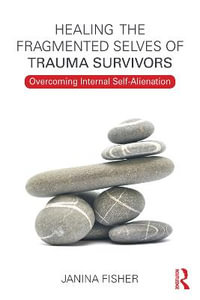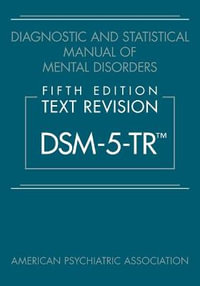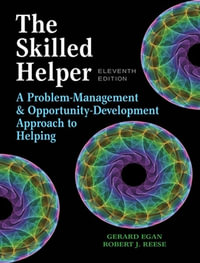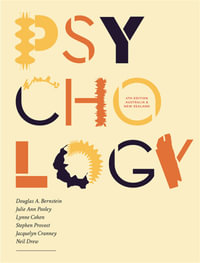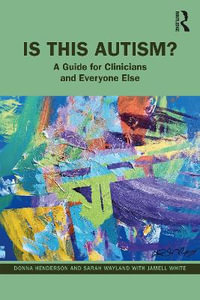
At a Glance
Paperback
$88.74
Aims to ship in 7 to 10 business days
When will this arrive by?
Enter delivery postcode to estimate
While citizens experiment with illegal drugs, their governments experiment with regulations to prohibit drugs. Scholars, analysts, and policy makers who know what legal prohibitions other countries have tried and found successful will have a better chance of crafting effective drug policy for their countries. This special issue of The Annals describes the experiences of eleven countries: Australia, Canada, Columbia, Denmark, France, Iran, Jamaica, Mexico, Portugal, Russia, and Sweden. Articles are grouped by geography and wealth: the wealthy West, the western hemisphere, and the transition countries.
The drug problems of wealthy Western nations have generally worsened since the 1960s. Some have no clearly articulated vision behind their drug policy (e.g. Denmark); others have tough policies (e.g. Sweden). France and Portugal both recently instituted sharp changes in drug policy. While no outcome results are yet available from Portugal, France has experience a huge increase in the number of users in treatment. Australia′s strong harm-reduction policy remains in place despite increasing heroin deaths and other drug-related problems.
U.S. consumption and U.S. international drug policies affect western hemisphere countries′ policy as well as generate problems for them. Although Mexican drug use remains at modest levels, the country faces violent and powerful criminal groups. The groups′ creation is related to Mexico′s role as the principal source and primary transshipment route for drugs bound for the U.S. IN Jamaica, another route for cocaine shipped to the U.S. and another focus of U.S. international drug policy, drug trafficking has exacerbated the long-standing problem of politically related gang violence by increasing the moneys and weapons involved. Drug use is a relatively minor concern of Columbian policy, also under U.S. pressure; instead, it focuses on trafficking and related corruption and violence.
Iran and Russia are countries in transition. Contending with fundamental economic and social change following the collapse of the Soviet Union, Russia has had little political debate regarding its highly intolerant drug policy. Iran′s drug policies have frequently shifted during its long history of dealing with opiate abuse, from harsh punishment to regulation of use and back again. Most recently, more therapeutically oriented approaches have been tried.
Two articles address geographically broader issues. One shows how U.S. politicians distorted results from a study of needle exchange in Vancouver. The other discusses creation of a new regulatory regime for governing developed nations′ banking systems, in the belief that illegal drugs account for a substantial fraction of suspicious financial transactions, particularly across national borders.
ISBN: 9780761927440
ISBN-10: 0761927441
Series: Annals of the American Academy of Political and Social Scien
Published: 1st July 2002
Format: Paperback
Language: English
Number of Pages: 234
Audience: Professional and Scholarly
Publisher: Sage Publications
Country of Publication: US
Dimensions (cm): 22.86 x 15.24 x 1.25
Weight (kg): 0.3
Shipping
| Standard Shipping | Express Shipping | |
|---|---|---|
| Metro postcodes: | $9.99 | $14.95 |
| Regional postcodes: | $9.99 | $14.95 |
| Rural postcodes: | $9.99 | $14.95 |
How to return your order
At Booktopia, we offer hassle-free returns in accordance with our returns policy. If you wish to return an item, please get in touch with Booktopia Customer Care.
Additional postage charges may be applicable.
Defective items
If there is a problem with any of the items received for your order then the Booktopia Customer Care team is ready to assist you.
For more info please visit our Help Centre.
You Can Find This Book In
This product is categorised by
- Non-FictionPolitics & GovernmentCentral GovernmentCentral Government Policies
- Non-FictionMedicineMedicine in GeneralPublic Health & Preventive Medicine
- Non-FictionMedicineOther Branches of MedicineTherapy & TherapeuticsAddiction & Therapy
- Non-FictionPsychologyStates of ConsciousnessDrug-Induced States
- Non-FictionMedicineOther Branches of MedicineClinical Psychology

